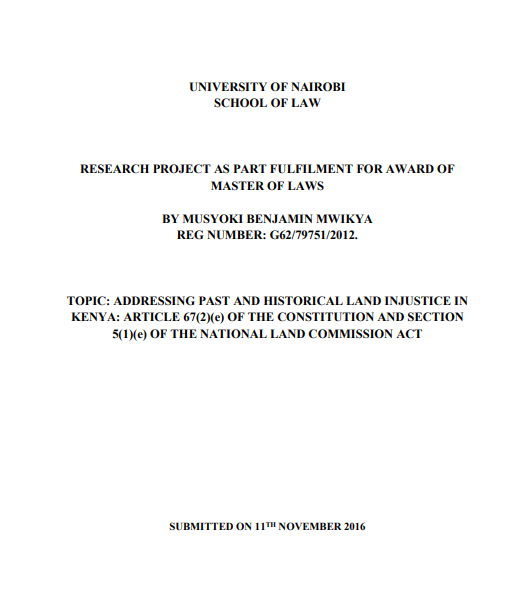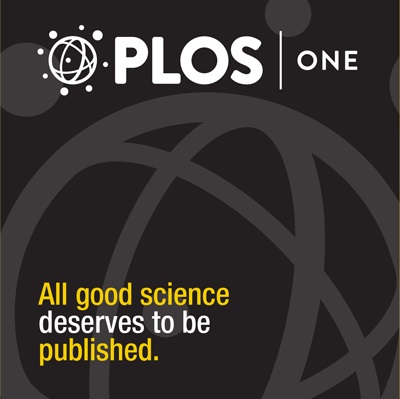Location
Our Vision is to be a world-class university committed to scholarly excellence.
Our Mission is to provide quality university education and training and to embody the aspirations of the Kenyan people and the global community through creation, preservation, integration, transmission and utilization of knowledge.
Core Values
In order to realize the above vision and mission, certain shared values shall be nurtured. There is great need for the University to be guided by the right values derived from the virtues and moral standards of the Kenyan and wider society.
Core Functions
Teaching and Learning: The university offers innovative , relevant and market driven academic programmes , both at undergraduate and postgraduate levels with inbuilt quality control systems the university also provides an environment and policy framework for undertaking high quality and relevant research
Members:
Resources
Displaying 51 - 55 of 298Land use strategies for sustainable wetland development and protection: a case study of Yala swamp
Kenya has a wealth of wetland ecosystems that support diverse and unique habitats. These wetlands provide numerous ecological goods and services but are under tremendous stress due to rapid urbanization, industrialization and agricultural intensification; manifested by the shrinkage in their areal extent, and decline in the hydrological, economic and ecological functions they perform. Yala swamp, the largest fresh water wetland in Kenya measuring about 17,500 ha supports a large biodiversity and is a source of livelihoods to communities around it.
ADDRESSING PAST AND HISTORICAL LAND INJUSTICE IN KENYA: ARTICLE 67(2)(e) OF THE CONSTITUTION AND SECTION 5(1)(e) OF THE NATIONAL LAND COMMISSION ACT
Land is in no doubt the most important asset in the lives of Kenyans. It is a factor of production which is core to the economic activities of this country. The advent of settlers and colonialism in East Africa placed land in a high level of importance than before. It is not a unique situation for Kenya. Wars have been fought world over with ownership of land and other resources associated with it being at the center of controversy. When colonialism set in, many people were displaced from their original homes.
Extreme wildlife declines and concurrent increase in livestock numbers in Kenya: What are the causes?
There is growing evidence of escalating wildlife losses worldwide. Extreme wildlife losses have recently been documented for large parts of Africa, including western, Central and Eastern Africa. Here, we report extreme declines in wildlife and contemporaneous increase in livestock numbers in Kenya rangelands between 1977 and 2016. Our analysis uses systematic aerial monitoring survey data collected in rangelands that collectively cover 88% of Kenya’s land surface. Our results show that wildlife numbers declined on average by 68% between 1977 and 2016.
Lay perceptions of risk factors for Rift Valley fever in a pastoral community in northeastern Kenya
Background: Human behavioral factors have been found to be central in the transmission of Rift Valley fever.
Consumption of contaminated meat and milk in particular have been identified as one of the key risk factors for
the transmission of Rift Valley fever in humans. In pastoral communities, livestock is the main source of livelihood
from which many benefits such as food as well as economic and cultural services are derived. Zoonotic diseases
therefore have a great impact on pastoral communities livelihoods. However, lay perceptions regarding the
Modern technology and sustainable irrigation of small scale dry-land farming in Kitui county, Kenya
The Purpose of this study was to investigate the influence of technology on
sustainable irrigation of small scale dry land farming in Kitui Central District,
Kitui County, Kenya. The study sought to establish the extent to which adoption
of new irrigation technology, gravity free flow irrigation and access to access
to credit has influenced sustainable irrigation of small scale dry land farming.
Descriptive survey research design was adopted. A sample of 150 participants
was randomly selected from 1540 small-scale dry land irrigation farmers in the






